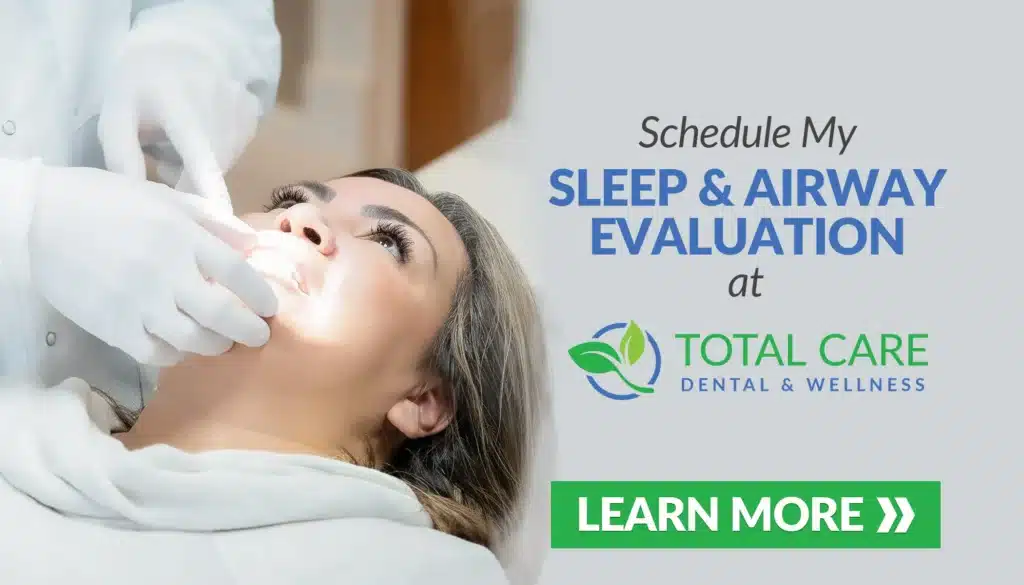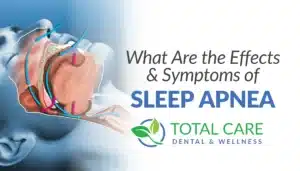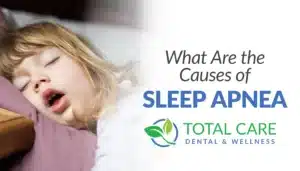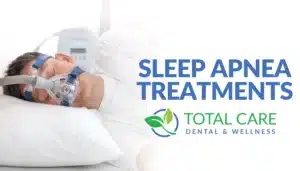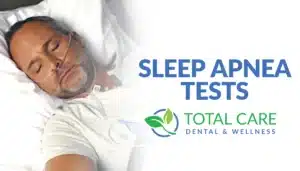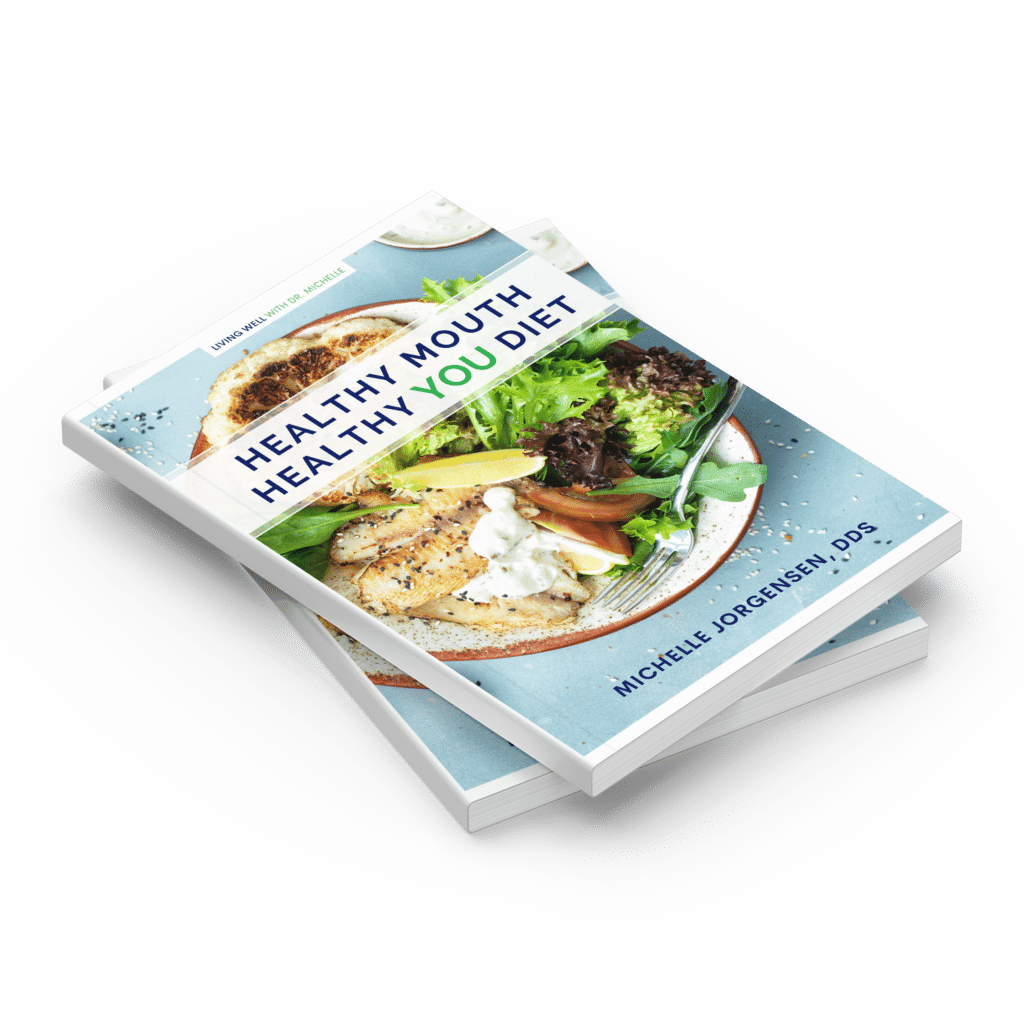chapter
02
What Causes Sleep Apnea?
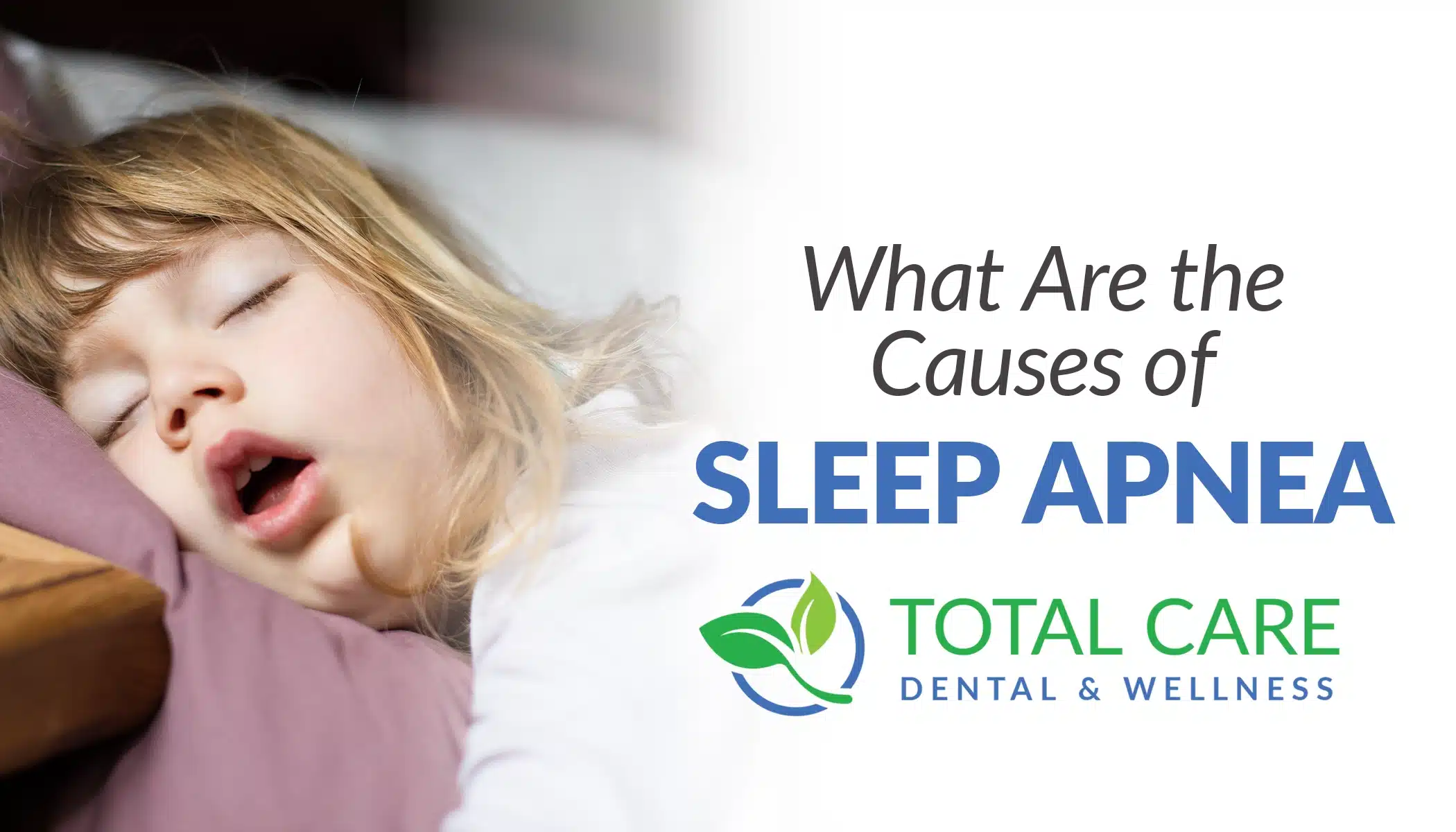
Waking up exhausted, groggy, or struggling through the day? Poor sleep isn’t just an inconvenience—it could be a sign of a serious issue: sleep apnea.
Most cases of sleep apnea stem from a restricted airway—meaning there’s not enough space for air to flow properly to the lungs, especially while sleeping.
Common Causes of Sleep Apnea
A variety of factors can contribute to airway obstruction, leading to sleep apnea. These include:
✅ Large tonsils – Can block the airway, particularly in children
✅ Chronic allergies – Swelling and mucus production restrict airflow
✅ Nasal congestion – Difficulty breathing through the nose leads to mouth breathing
✅ A large tongue – Can fall back and block the airway during sleep
✅ A narrow jaw or mouth – Less room for the tongue and soft tissues
✅ A retruded chin – Causes airway restriction
✅ Excess weight around the neck – Adds pressure to the airway, making breathing harder
Each of these factors can limit airflow, forcing the body to wake up repeatedly throughout the night to restore normal breathing.
Sleep Apnea Starts Early: Causes in Children
Many cases of adult sleep apnea begin in childhood due to early developmental factors that impact jaw growth, airway size, and breathing patterns.
Baby Bottles, Pacifiers & Sippy Cups: Unintended Consequences
Prolonged use of baby bottles, pacifiers, or sippy cups can affect jaw development, leading to a smaller airway.
🔹 Try this: Purse your lips and suck in—notice how your facial muscles contract inward?
Over time, this repeated motion restricts jaw growth, limiting the airway space. A child who struggles with proper breathing early on is more likely to develop sleep apnea as an adult.
Tongue-Ties & Airway Development
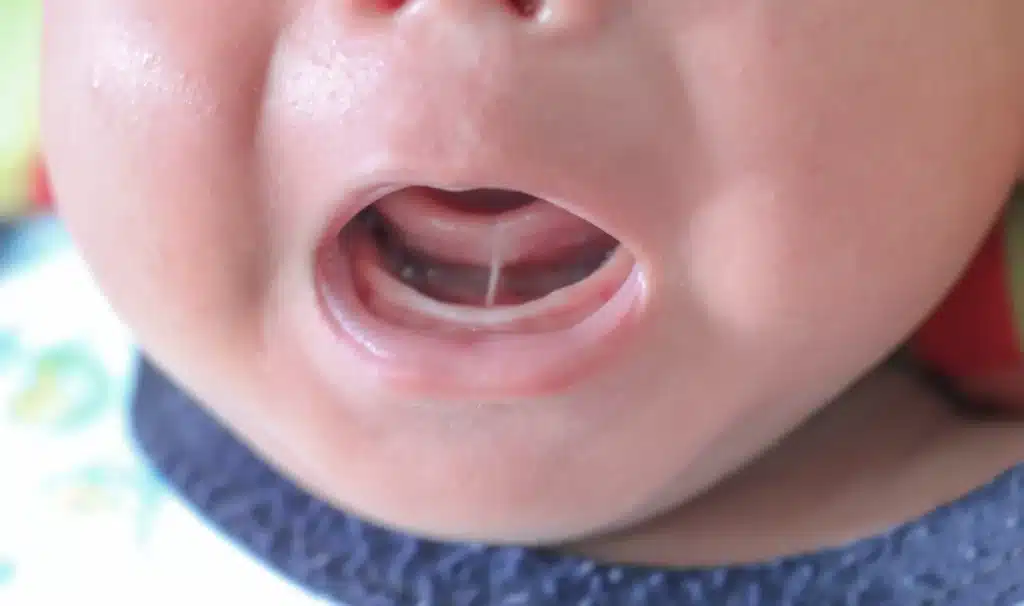
Being tongue-tied is more than a figure of speech—it’s a real condition where the tongue is physically restricted and can’t reach the roof of the mouth properly.
💡 Why this matters: The tongue plays a crucial role in shaping the palate and airway. Without proper tongue movement, the airway can remain underdeveloped, increasing the risk of sleep apnea later in life.
Enlarged Tonsils & Chronic Allergies
Large tonsils can physically block the airway, making it harder for children to breathe at night.
Similarly, chronic nasal congestion and allergies disrupt healthy nasal breathing, forcing children to breathe through their mouths—a major contributor to sleep-disordered breathing.
Sleep Apnea in Teens & Adults: The Causes Continue
As we age, additional factors can contribute to narrowed airways and sleep apnea, including structural issues and weight-related airway obstruction.
A Small or Narrow Jaw
Many adults had orthodontic treatment as kids, often involving tooth extractions or braces to straighten crowded teeth. But in some cases, these treatments restricted natural jaw growth, leading to a smaller airway.
Why this matters:
❌ A small mouth = less space for the tongue and soft tissues.
❌ When sleeping, the tongue falls back, blocking the airway.
❌ This leads to snoring, mouth breathing, and interrupted sleep cycles.
Excess Weight & Increased Neck Circumference
Carrying extra weight, particularly around the neck, can compress the airway, making breathing more difficult—especially at night.
💡 A larger neck circumference is a major indicator of airway obstruction. More soft tissue means more pressure on the throat, increasing the risk of sleep apnea, snoring, and poor oxygen flow during sleep.
The Bottom Line: Airway Development & Breathing Matter
Sleep apnea isn’t just about being tired—it’s about how your airway develops and whether it’s restricting your ability to breathe properly at night.
If you or a loved one experiences snoring, mouth breathing, fatigue, or sleep disturbances, it’s time to take action.
👉 In Chapter 3, we’ll explore the best treatments for sleep apnea—including CPAP alternatives and airway-focused solutions.
Take Control of Your Sleep & Health Today
Struggling with sleep apnea, snoring, or constant fatigue? Ignoring sleep issues won’t make them go away—but real solutions can. At Total Care Dental & Wellness, we don’t just manage symptoms—we identify and treat the root cause of your sleep-disordered breathing.
Your Personalized Sleep & Airway Evaluation Includes:
✅ 3D Cone Beam X-Ray (CBCT) – Pinpoint airway obstructions & jaw alignment issues
✅ Comprehensive Sleep & Airway Analysis – Identify breathing patterns affecting your sleep quality
✅ Oral & Jaw Joint Exam – Detect hidden causes of airway blockage
✅ Digital Intraoral Scan & Photos – Create a customized treatment plan tailored to your needs
🔹 Stop masking the symptoms—get real answers and lasting relief. You’ll leave with a clear diagnosis, expert treatment recommendations, and a path to better sleep & better health.
Don’t wait—your health and energy depend on it. Take the first step toward deeper, healthier sleep today!

